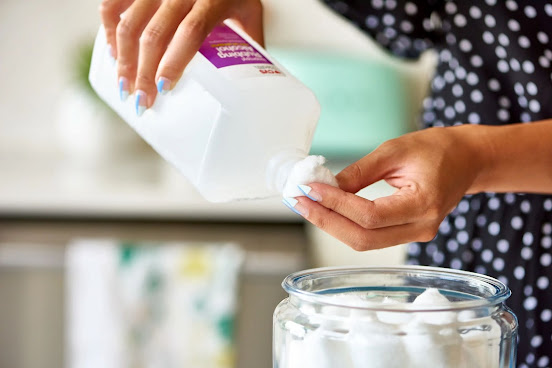Glycolic Acid And It's Skincare Benefits - Prerana Pradhan
Alpha hydroxy acids (AHAs), such as glycolic acid, are becoming more and more well-liked in the skincare sector because of their many skin-benefiting properties. Because of its molecular makeup, which makes it easy to enter the skin, it works well as an exfoliator and skin-renewing agent. Teenagers can take control of their skincare decisions if they are aware of the basic facts of glycolic acid and its applications.
First, the stratum corneum—the skin's outermost layer—is exfoliated by glycolic acid. This procedure contributes to a smoother and more radiant complexion by clearing pores, removing dead skin cells, and improving skin texture. Adding glycolic acid to your skincare routine can help teens who are struggling with acne or uneven skin tone.
Furthermore, glycolic acid encourages the skin's production of collagen. The protein known as collagen gives the skin elasticity and shape. Glycolic acid can contribute to a more youthful-looking complexion by reducing the appearance of fine lines, wrinkles, and acne scars by encouraging the production of collagen.
It's important to start with a lesser concentration when making use of glycolic acid products, especially for beginners or people with sensitive skin. Increasing the concentration and frequency of application gradually may help in the skin's gradual tolerance to glycolic acid.
Glycolic acid may also increase the skin's sensitivity to sunlight. As a result, using sunscreen every day is essential, especially if you include glycolic acid in your skincare routine. By shielding the skin from damaging UV rays, sunscreen helps stop further skin issues and sun damage.
All things considered, glycolic acid can be a beneficial supplement to a teen's skincare routine, providing advantages like exfoliation, better skin texture, and collagen production. To have the best effects and preserve skin health, glycolic acid products must be used sensibly. Start with lower doses and wear sunscreen whenever possible. Speaking with a dermatologist can also provide you with specific guidance on how to use glycolic acid in your skincare routine depending on your requirements and concerns.


Comments
Post a Comment